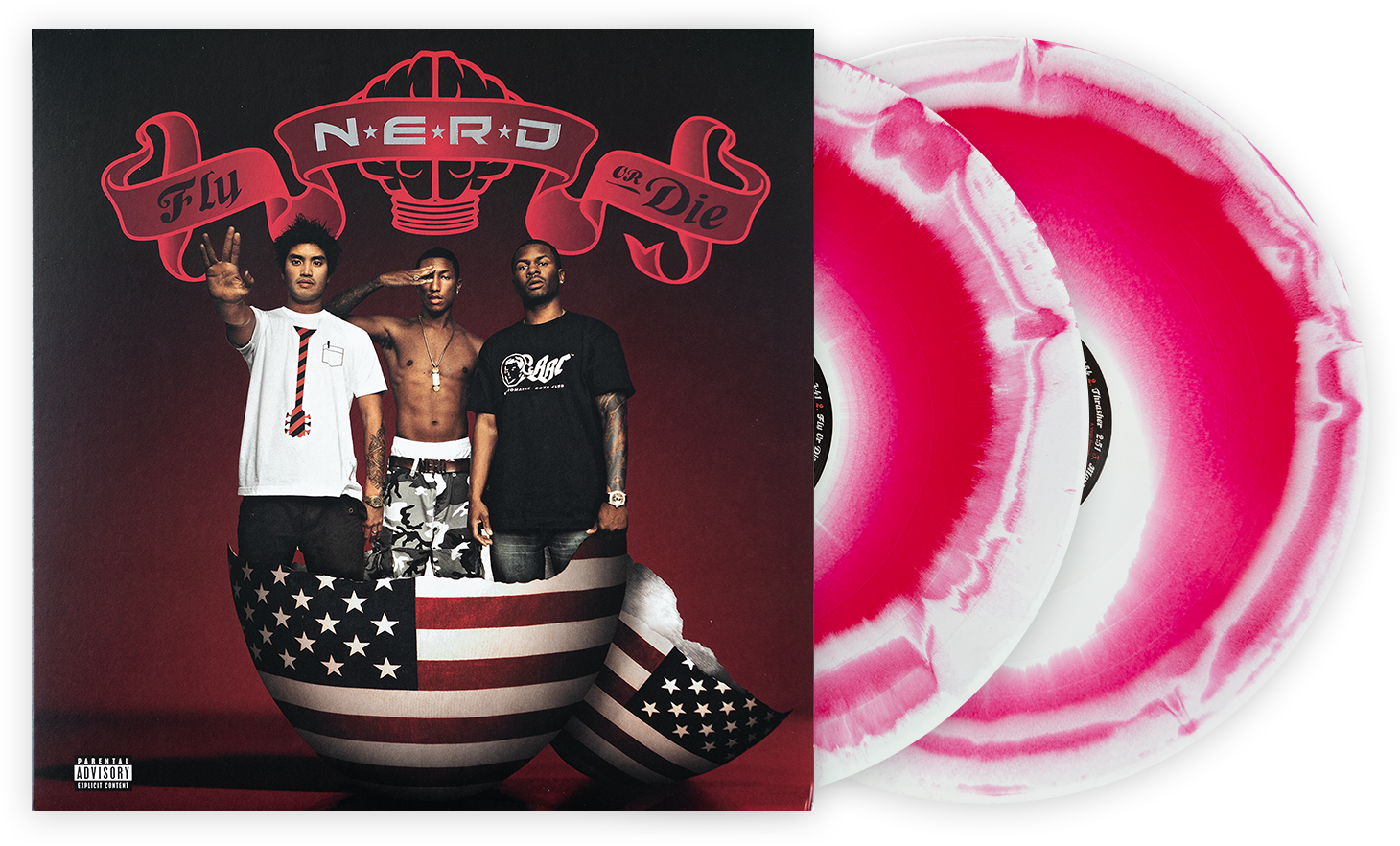มีตัวเลือกภาพยนตร์และสารคดีเพลงที่มีให้เลือกอย่างมากมายใน Netflix, Hulu, HBO Go และอื่น ๆ แต่ยากที่จะบอกว่าเรื่องไหนที่คุ้มค่ากับ 100 นาทีของคุณจริง ๆ Watch the Tunes จะช่วยคุณเลือกว่าสารคดีเพลงเรื่องไหนที่คุ้มค่าใช้เวลาของคุณในทุกสุดสัปดาห์ ฉบับของสัปดาห์นี้ครอบคลุม Sinatra: All or Nothing at All ซึ่งขณะนี้มีการสตรีมใน HBO Go และ HBO Now
It’s only been two weeks since we recommended the four-hour epic of Tom Petty and the Heartbreakers: Runnin’ Down a Dream, so bear with us while we point you towards another lengthy undertaking of music cinema, Alex Gibney’s comprehensive look at Ol’ Blue Eyes, Sinatra: All or Nothing at All. While Runnin’ Down a Dream was long as a reflection of Petty’s personality (or so I argued) and could have easily been whittled down to a more digestible length, All or Nothing at All has the opposite problem of feeling too damn short given the vast effect that Sinatra has had on so many generations of musicians.
Before we dig too far into Sinatra as a subject, I want to take this film apart a bit on a structural level because it’s really interestingly put together. There are lots of ways that you can do a music documentary, but Sinatra: All or Nothing at All is pretty unique in that it was built using only archival footage and audio from interviews throughout Sinatra’s career. If you really wanted to, you could listen to it like a podcast and you’d still get a pretty great overview of things. I don’t recommend it, since you’d be missing out on all the heavy lifting that researchers put into digging up hundreds of amazing period photos and video clips, but it’s so interesting that of the dozens of films we’ve looked at in this column, this is the first one that could more or less work as a purely auditory experience.
I don’t mean this as a criticism of Gibney, but All or Nothing at All has the same feel of a Ken Burns documentary, and honestly, based on the portrait that we get here, you could easily stretch an examination of Sinatra out to ten or so separate episodes if you wanted to, just like Burns did with Jazz. Like those Burns films, Gibney approaches Sinatra with an unexpected amount of elliptical narrative structures, skipping from topic to topic whenever a transition pops up, exploring whatever’s in front of him until the next easy intersection catches his eye and then we’re off on that tangent. It might sound messy, but it works in a pretty cool way. I honestly think that Gibney took a page from Philip Glass’s operatic marathon, Einstein on the Beach, and crafted something that’s implicitly designed to be wandered in and out of by its audience. No matter where you hop into the stream of Sinatra’s life story, you’ll be immediately absorbed into the action.
For real though, it’s crazy that a four-hour long film can feel like a trailer, but that’s the kind of wild and crazy life that Sinatra lived. There’s a lot that was surprising for me in All or Nothing at All, including the degree to which Sinatra was involved with humanitarian outreach and Civil Rights, but the devil is in the details that get only passing glances. The Sinatra family obviously participated a whole lot with this film, so Gibney was hamstrung in the ways he was able to present Frank’s infidelities and his deep failings as a father and husband. That same intense protection of Frank’s legacy by his estate is what led to Martin Scorcese scrapping a biopic just last month, so there’s no doubt All or Nothing at All was a similarly “guided” affair. We get slivers here and there, though, like Frank Sinatra Jr. saying that it wasn’t until his later years that he was able to really experience Frank Sr. as a father figure. Sure, Frank was devoted to performing, and his legacy as an artist bears this out, but it’s still damned sad to hear that his kid pretty much missed out on getting a real dad. His affairs and multiple marriages are also packaged not so much as character flaws, but more as added features in an already overloaded life of doggedly professional accomplishment.
It’s impossibly difficult to profile an artist as complex as Frank Sinatra, especially under the watchful eye of his estate, but Gibney does a great job balancing the monumental artistic and cultural achievements with the less positive trappings of fame. That said, There are so many little bits I want to know about on a deeper level. Entire films could be made exploring Sinatra’s role in politics over the years. He started out by donating his support to John F. Kennedy, but by the ‘70s and ‘80s Sinatra’s jumped ship, stumping instead for Nixon and Reagan. He’s similarly flip-floppy on Civil Rights issues, incorporating some fairly offensive racial humor into the later years of his Vegas stage shows after spending years helping to get black artists booked on the various casino stages of Sin City. These points are dug into a little bit, for instance his political moves were possibly a reaction to being snubbed by the Kennedy after campaigning for them, but that’s about as deep as we go. Drinking from the Sinatra info firehose for four hours creates lots of moments like this, where you wanna rewind and get more info, but Gibney is already on to the next fascinating chapter in a storied career.
I still don’t have much of a taste for Frank Sinatra’s music, but watching All or Nothing at All it’s impossible to not respect his talent, as evidenced by his take on “Try A Little Tenderness” which the film uses to great effect throughout. If you’re main experience with him is flipping past beat up copies of his best of collections in dollar bins, you owe it to yourself to get to know the self-made American institution that was Frank Sinatra and there’s no better way than by letting this film wash over you.
คริส เลย์ เป็นนักเขียนอิสระ, นักเก็บเอกสาร และพนักงานร้านแผ่นเสียงอาศัยอยู่ในมาดิสัน รัฐวิสคอนซิน CD แผ่นแรกที่เขาซื้อให้ตัวเองคือซาวด์แทร็กจากภาพยนตร์ดัมบ์ แอนด์ ดัมเบิล เมื่อเขาอายุสิบสองปี และตั้งแต่นั้นมาทุกอย่างก็ยิ่งดีขึ้นเรื่อยๆ
เข้าร่วมชมรม!
เข้าร่วมตอนนี้ เริ่มต้นที่ $44Exclusive 15% Off for Teachers, Students, Military members, Healthcare professionals & First Responders - Get Verified!





